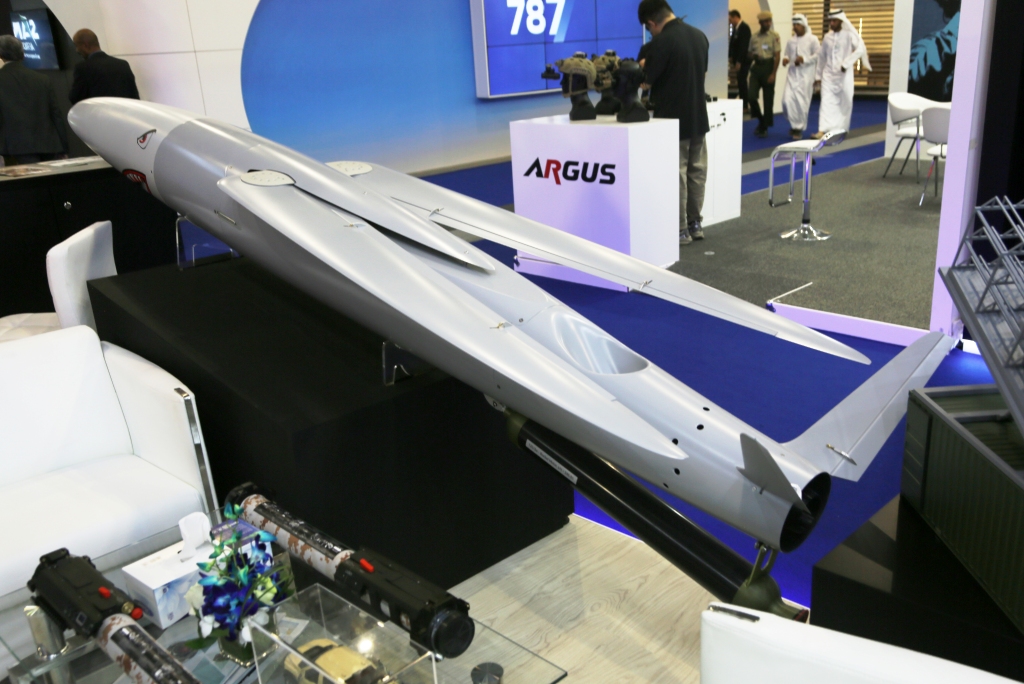Advancements in Lithuanian Drone Manufacturing Amid Regional Threats
Proximity to Threats
In a notable strategic maneuver, Lithuania’s Granta Autonomy is intensively ramping up drone production within close vicinity of Belarus and Russia. Located less than 200 kilometers from Belarus and around 300 kilometers from Russia, the company operates a state-of-the-art drone manufacturing facility employing 40 personnel, dedicated to delivering hundreds of drones to support Ukraine.
New Innovations: The X-Wing Loitering Munition
Granta Autonomy’s latest offering, the vertically launched X-Wing loitering munition, has already been deployed for trials in the Ukrainian theater. With a payload capacity of four kilograms, this strike drone is designed to engage armored vehicles and fortified positions effectively. This drone integrates components sourced from Ukrainian manufacturers, specifically for precision navigation systems.
- Key Features of the X-Wing:
- Warhead: Four kilograms, optimized for engaging main battle tanks.
- Performance: Successfully navigated during tests against jamming technologies.
- Altitude Capability: Capable of reaching heights up to 6,000 meters.
- Launch Flexibility: No specialized infrastructure needed; multiple drones can be launched concurrently.
Contextual Security Challenges
In recent weeks, Lithuania has heightened its border security in response to incursions involving weather balloons allegedly deployed by smugglers from Belarus. These incidents have disrupted air traffic and prompted the temporary closure of the capital’s airport, raising concerns over hybrid threats that exploit unconventional tactics.
Lithuania’s proactive stance is a direct response to the intertwined challenges of increasing border violations and the ongoing conflict in Ukraine. Previous incidents, such as the unauthorized entry of Shahed-style drones in July, have catalyzed a comprehensive review and augmentation of its aerial defense capabilities.
Leveraging Battlefield Experience for Development
Granta Autonomy is employing firsthand experiences derived from the Ukrainian conflict to drive innovation and adapt technologies for the Lithuanian military. The company has delivered over 1,000 drones to Ukraine, including 100 Hornet XR reconnaissance units and nearly 1,000 GA-FPV quadcopters, demonstrating a robust application of drone technology in real combat scenarios.
Direct Impact of Ground Experience
Laurynas Litvinas, the Technical Director at Granta Autonomy, emphasizes the critical nature of on-ground insights in refining their systems. The company actively seeks exposure to the operational environment to ensure that all aspects of drone security are comprehensively addressed.
- Adaptations Based on Experience:
- Upgraded transport materials to withstand the harsh conditions encountered in combat zones.
- Enhanced focus on transport safety, ensuring components are secure during transit.
Enhanced Capabilities Against Electronic Warfare
The Hornet XR utilizes a proprietary datalink technology that offers resilience against Russian electronic warfare capabilities. This drone, primarily sourced from Lithuanian and EU components, remains operational even when subjected to electronic jamming or GPS disruption.
Challenges in Adverse Conditions
Litvinas acknowledges weather-related challenges that hinder drone operations in Ukraine, particularly during winters characterized by fog and strong winds. These conditions exacerbate vulnerabilities, making drones more susceptible to enemy detection and jamming attempts.
- Operational Hurdles:
- Necessity for reliable navigation in the absence of GPS or radio-frequency signals.
- Difficulty in maintaining drone stability in fluctuating weather patterns.
Conclusion: Regional Security Initiatives
Granta Autonomy’s case illustrates how regional manufacturers can advance their capabilities in the face of evolving threats. The company’s commitment to integrating battlefield feedback fuels ongoing developments, potentially shaping the future landscape of aerial defense and surveillance in Lithuania and beyond.
Strategic Implications
As geopolitical tensions continue to escalate, strengthening domestic defense production becomes increasingly vital. Lithuania’s focused investment in drone technology not only enhances its military readiness but also contributes to the collective security of the Baltic region.





